Description
Vitamin B Complex Syrup, 125 ml, Eipico Med
Therapeutic indications:
Vitamin B complex is indicated in:
- Treatment of vitamin B deficiency - Beri-Beri disease, pellagra, after antibiotic or chemotherapy therapy, polyneuritis and neuritis of various etiologies, cardiovascular disorders associated with vitamin B1 deficiency;
- Physiological or pathological conditions in which an increased intake of vitamins from the B complex is necessary - growth period, convalescence after infectious or parasitic diseases, diarrhea.
- Nausea, vomiting and constipation during pregnancy.
Composition:
5 ml syrup contains thiamine hydrochloride 5 mg, riboflavin 2 mg in the form of riboflavin sodium phosphate dihydrate, pyridoxine hydrochloride 2 mg, nicotinamide 20 mg, D-panthenol 3 mg
excipients: sodium benzoate, sugar, glycerin, propylene glycol, citric acid, orange oil, lemon oil, artificial caramel essence, apricot flavor, ethyl alcohol 95%, purified water.
Contraindications:
- Hypersensitivity to thiamine hydrochloride, riboflavin, pyridoxine hydrochloride, nicotinamide, D-panthenol or any of the excipients.
- Concomitant treatment with levodopa in the absence of the association of a decarboxylase inhibitor (see section 4.5).
Precautions:
Thiamine and riboflavin
Rarely, adverse reactions may occur following the administration of thiamine, but hypersensitivity reactions occur especially after parenteral administration. The severity of these reactions varies from very mild to lethal anaphylactic shock in very rare cases.
Pyridoxine
Long-term administration of high doses of pyridoxine is associated with the development of severe peripheral neuropathies; the dose at which these peripheral neuropathies occur is controversial. Nicotinamide
Nicotinic acid should be administered with caution to patients with a history of gastrointestinal ulcer, diabetes, gout or liver failure. The diagnostic investigation of liver functions and blood sugar must be frequently monitored.
D-panthenol
Few cases of allergic reactions possibly associated with the administration of dexpanthenol have been reported.
Sugar. Because the medicine contains sugar, patients with rare hereditary disorders of fructose intolerance, glucose-galactose malabsorption syndrome or sucrase-isomaltase deficiency should not use this medicine.
Contains 2.5 g of sugar/dose. This should be considered in patients with diabetes.
Interactions:
Thiamine. Thiamine antagonists, thiosemicarbazone and 5-fluorouracil neutralize its effect. Antacids inhibit thiamine resorption.
Pyridoxine:
Due to its action of activating dopa-decarboxylase in the periphery, pyridoxine reduces or inhibits the antiparkinsonian action of levodopa. However, this antagonism is not observed when levodopa is administered in combination with a decarboxylase inhibitor. Pyridoxine decreases the activity of altretamine. A decrease in the serum concentrations of phenobarbital and phenytoin was also reported. Many medications can increase pyridoxine requirements; these substances include hydralazine, isoniazid, penicillamine and oral contraceptives. Some antimicrobial drugs (cycloserine, neomycin, erythromycin, tetracyclines, chloramphenicol, sulfamides) produce pyridoxine inactivation.
Vitamin B6 increases the elimination of nitrofurantoin by approximately 2 times.
Nicotinamide:
There is an increased risk of myopathy or rhabdomyolysis when nicotinic acid is used with statins. Nicotinic acid may increase the need for insulin or oral hypoglycemic agents. Acetylsalicylic acid may reduce the clearance of nicotinic acid. In vitro studies have suggested that colestipol and cholestyramine may reduce the availability of nicotinic acid, with some manufacturers recommending an interval of at least 4 to 6 hours between administration of nicotinic acid and bile acid binding resins.
Special warnings:
Pregnancy and breastfeeding
- Ask your doctor or pharmacist for recommendations before taking any medicine. There are no animal studies on the teratogenic effect of the drug, and the currently available clinical data have not shown teratogenic and fetotoxic effects in humans. Since the data on the exposure of pregnant women to this medicine are insufficient to exclude any risk and for precautionary reasons, it is preferable that this medicine is not administered during pregnancy. Since there is no information on the excretion of the active substances from the drug in breast milk, it is not recommended to take it during breastfeeding.
Ability to drive vehicles or use machinery
- The medicine does not affect the ability to drive vehicles or use machines.
Doses and method of administration:
Adults : the usual dose is 2-3 measuring spoons per day (10 - 15 ml of syrup per day).
Children over 1 year of age and adolescents: the usual dose is 1-2 measured doses (5-10 ml of syrup per day).
The syrup can be administered undiluted, mixed with water or fruit juice or added to semi-solid foods.
Side effects:
- Vitamin B complex is well tolerated.
- Yellow coloration of the urine may occur (due to vitamin B2) and, very rarely, at very high doses or after prolonged courses, reversible neurological disorders when the treatment is stopped (due to vitamin B6).
- Other side effects reported, especially following the administration of high doses of nicotinic acid, include xerosis, pruritus, hyperpigmentation, abdominal cramps, diarrhea, nausea, vomiting, anorexia, activation of gastro-duodenal ulcer, amblyopia, jaundice and liver failure, decrease in glucose tolerance, hyperglycemia and hyperuricemia. Most of these reactions disappear when the treatment is discontinued.
Presentation:
125 ml
Instruction
Features
| Product code | 34970 |
| Category | Vitamin B, Vitamins and Minerals |
| Brand | Eipico Med |
| Volume | 125 ml |
| Product type | Syrup |
| Delivery from | Romania |
Reviews
There are no reviews for this product.
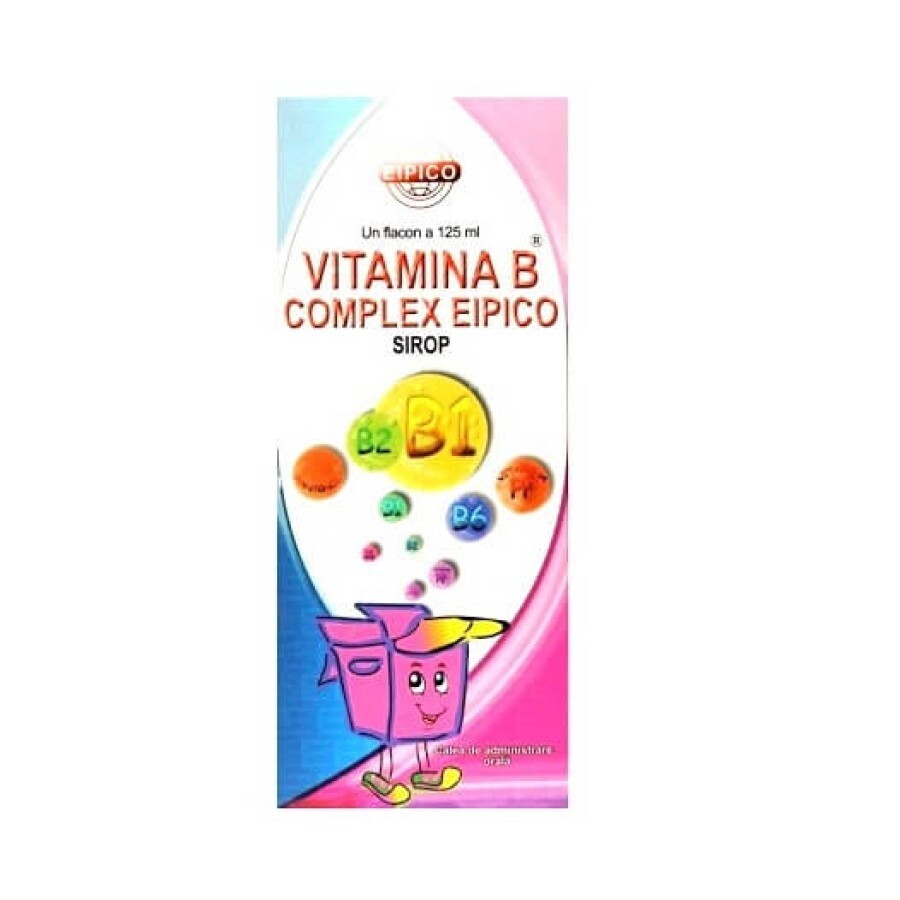





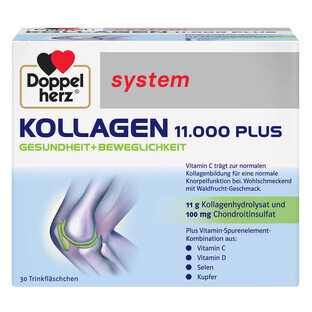



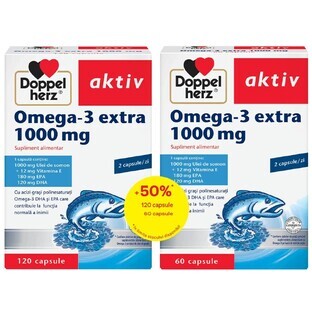
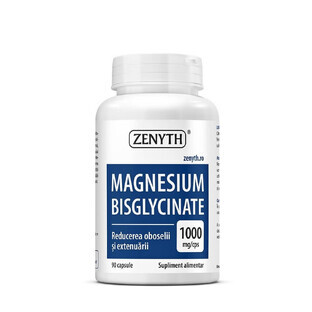
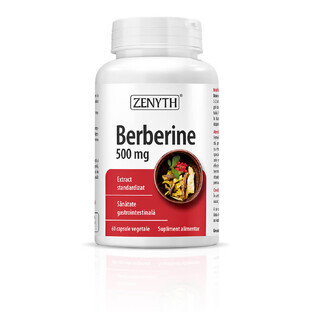
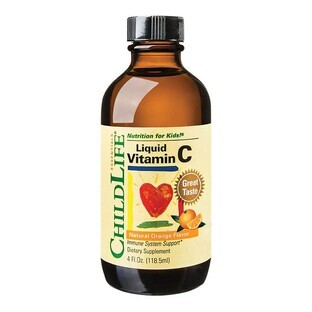
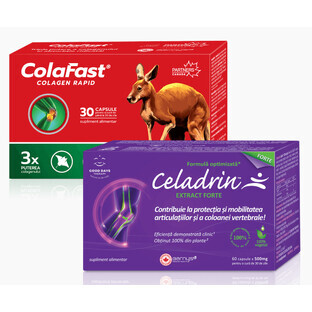
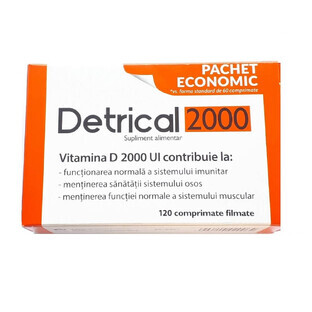
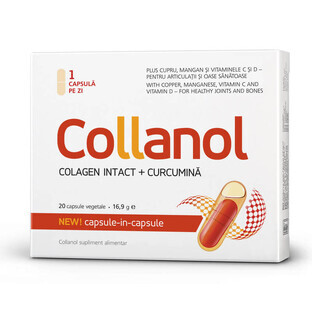
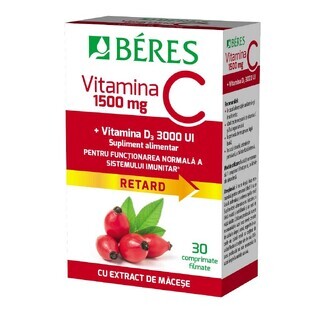
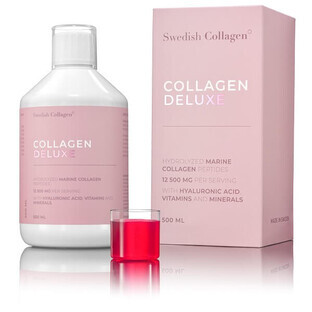





















































 Description
Description 





